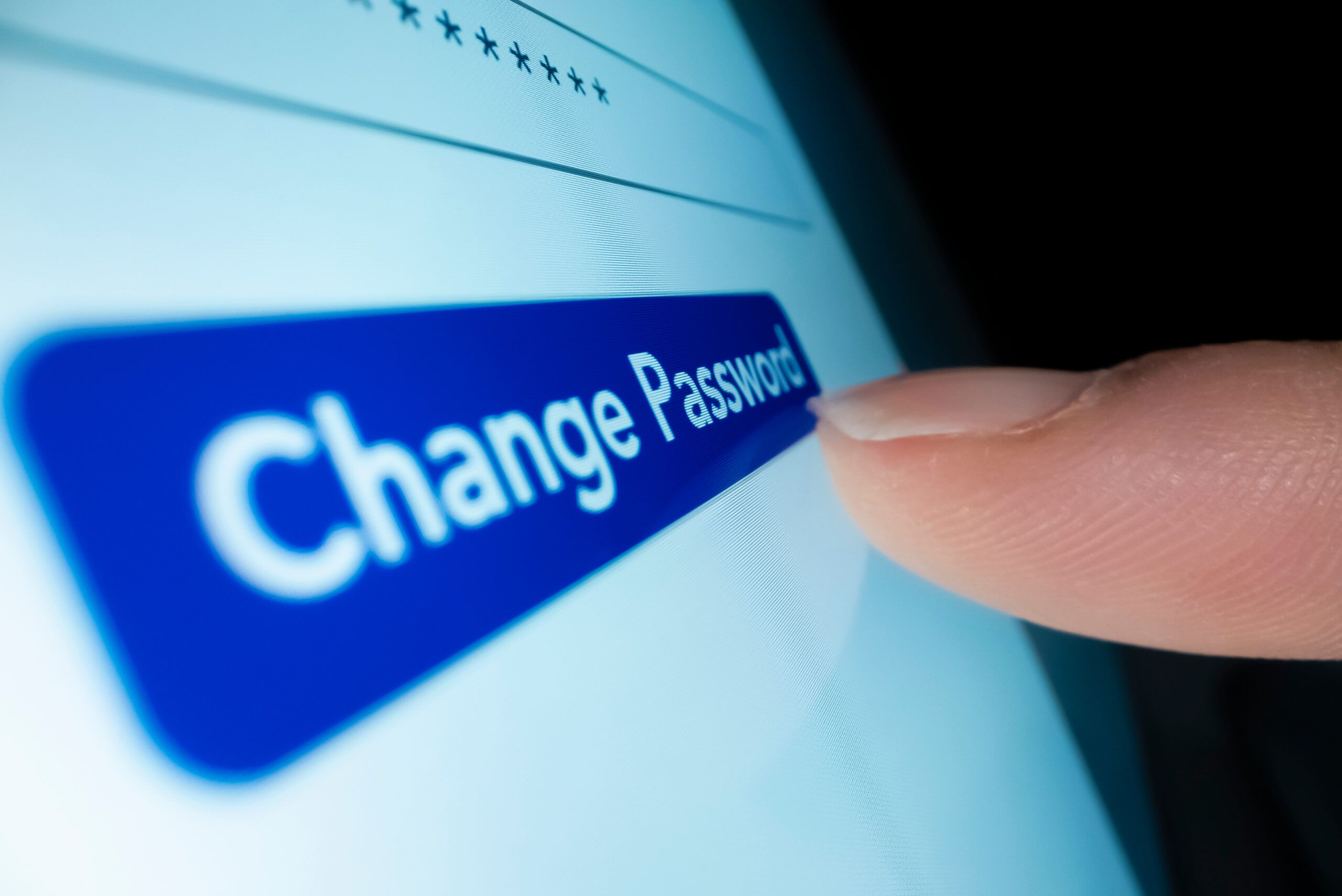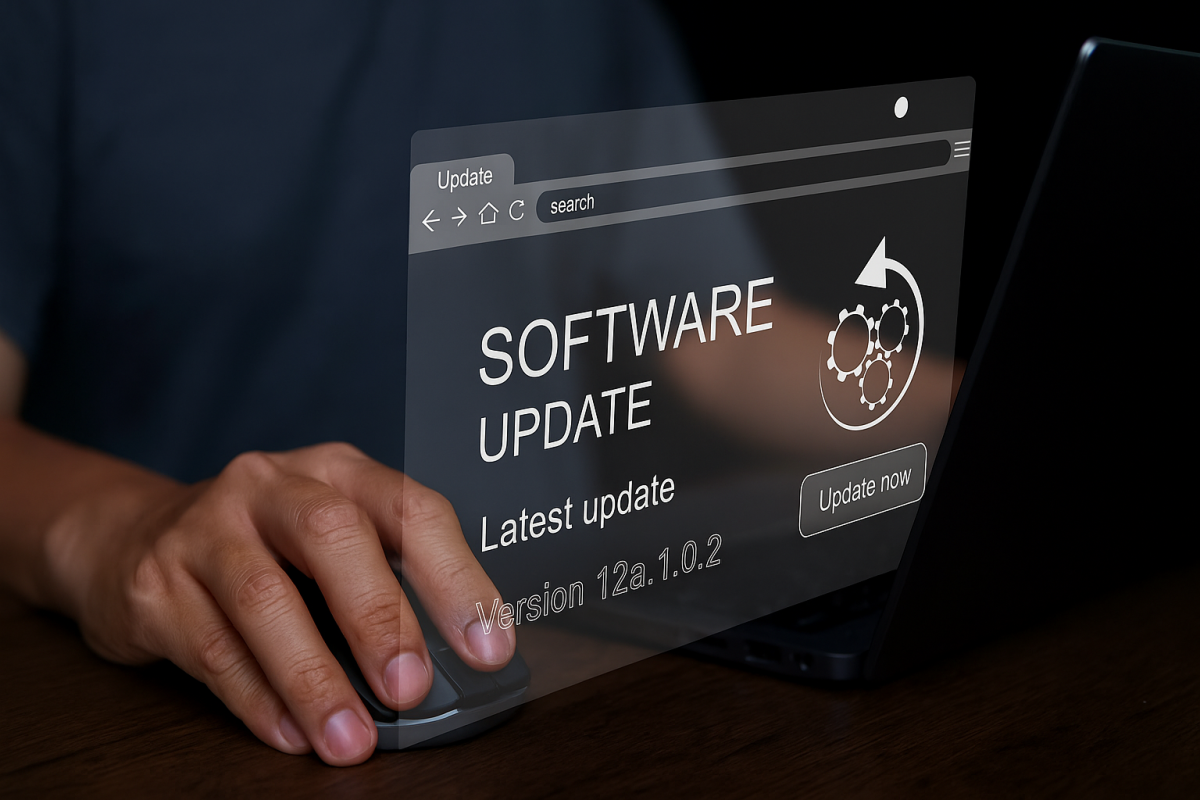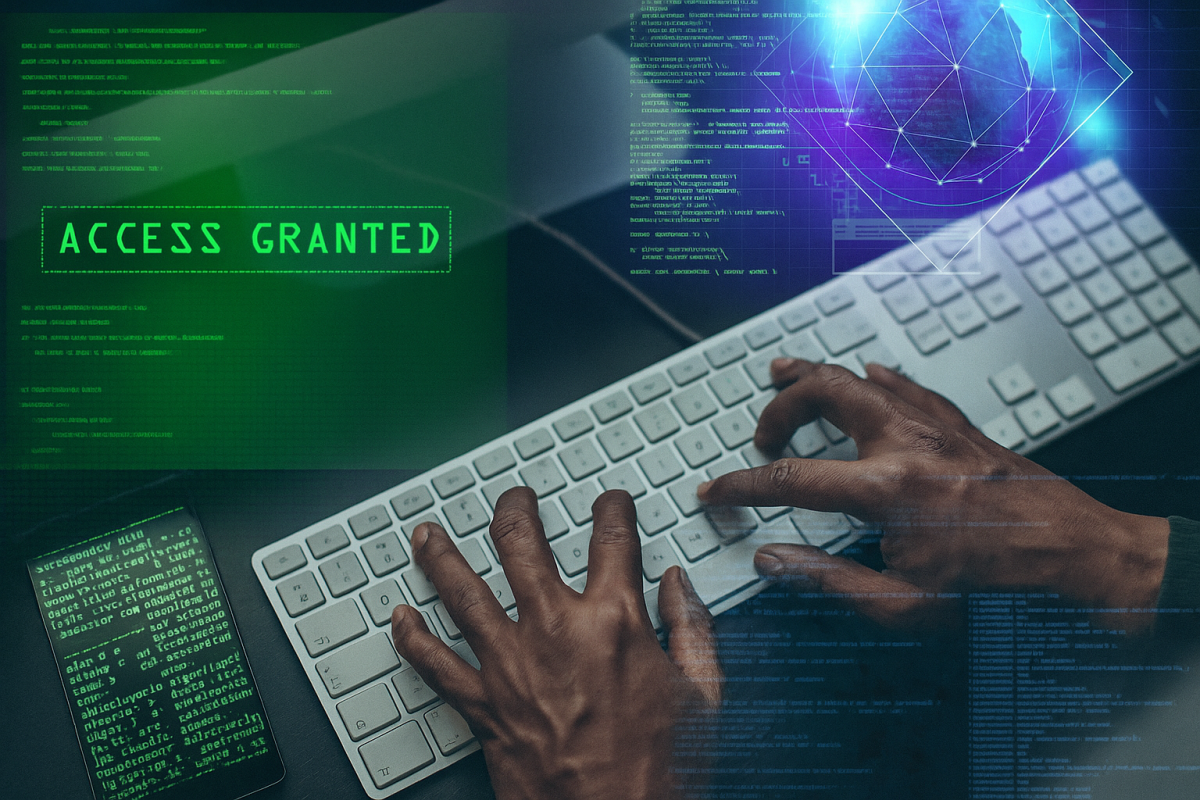

Why Are Password Changes Required?
Everything from your bank account to your pet’s vet records lives online, so keeping your data safe is beyond important. And yet, few things are as universally hated as the dreaded “Please update your password” notification. But why is this necessary? Let’s take a closer look at why password changes matter and how they help keep your data secure.
The Role of Passwords in Security
We all know by now that passwords are the first line of defense against unauthorized access to your accounts. Without a strong password, anyone can stroll in. Unfortunately, though, even the strongest passwords weaken over time. Why? Because hackers are relentless, and time is on their side.
According to GoodFirms’ 2023 survey, 30% of IT professionals reported experiencing a data breach due to weak passwords. That’s a stark reminder of why vigilance matters.
Why Passwords Need to Be Updated
Over time, passwords can become less secure, and sticking with one password forever is like leaving your door unlocked because it hasn’t been kicked in yet. Here’s why this strategy is risky:
- Data Breaches
In 2024 alone, data breaches resulted in over one billion records being exposed. When companies get hacked, stolen passwords often end up on the dark web. If you don’t update yours, you could be an easy target. - Brute-Force Attacks
These attacks use software to guess your password by trying every possible combination. The longer your password stays unchanged, the higher the odds it gets cracked. - Phishing
Did you get tricked into entering your password on a fake website? It happens. If you don’t change your password after falling for a scam, the hacker could keep using it to access your data.
How Password Rotation Helps
Regular password changes disrupt the plans of even the most persistent hackers. Even if someone gets ahold of your old password, it’s useless once you’ve updated it.
Some industries don’t just recommend this—they enforce it. Financial institutions and healthcare providers often mandate password rotations to meet strict cybersecurity compliance standards. This is not to be annoying; it’s to keep your private information safe.
Best Practices for Strong Passwords
Here are a few tips to make sure your password is strong:
- Make them strong and unique: Use a mix of uppercase and lowercase letters, numbers, and symbols. Avoid predictable patterns like “1234” or names.
- Get a Password Manager: A reputable password manager can help you store and organize your passwords safely, so you don’t have to memorize each one.
- Turn on Multi-Factor Authentication (MFA): MFA adds an extra layer of security. Even if someone steals your password, they’ll need extra verification to access your account.
The Bottom Line: Update Your Passwords
Yes, changing your passwords can feel like a chore. But it’s a small price to pay for peace of mind. Regularly updating your passwords reduces the chances of your information being compromised and helps prevent unauthorized access. Staying one step ahead is your best defense. Make password security a priority, and keep your information safe.
LeadingIT is Chicagoland’s trusted advisor for organizations with 25-250 users, specializing in IT and cybersecurity solutions that align with your business goals. We pride ourselves on delivering the unsolvable solved. Our unlimited support model ensures that your team always has the help they need, when they need it, with no hidden costs. Plus, our unbeatable 3 sets us apart: a seamless 14-day onboarding process, a rock-solid guarantee, and no long-term contracts. At LeadingIT, our mission is to solve IT right, 100% of the time, empowering growth-minded businesses to thrive securely and efficiently.


